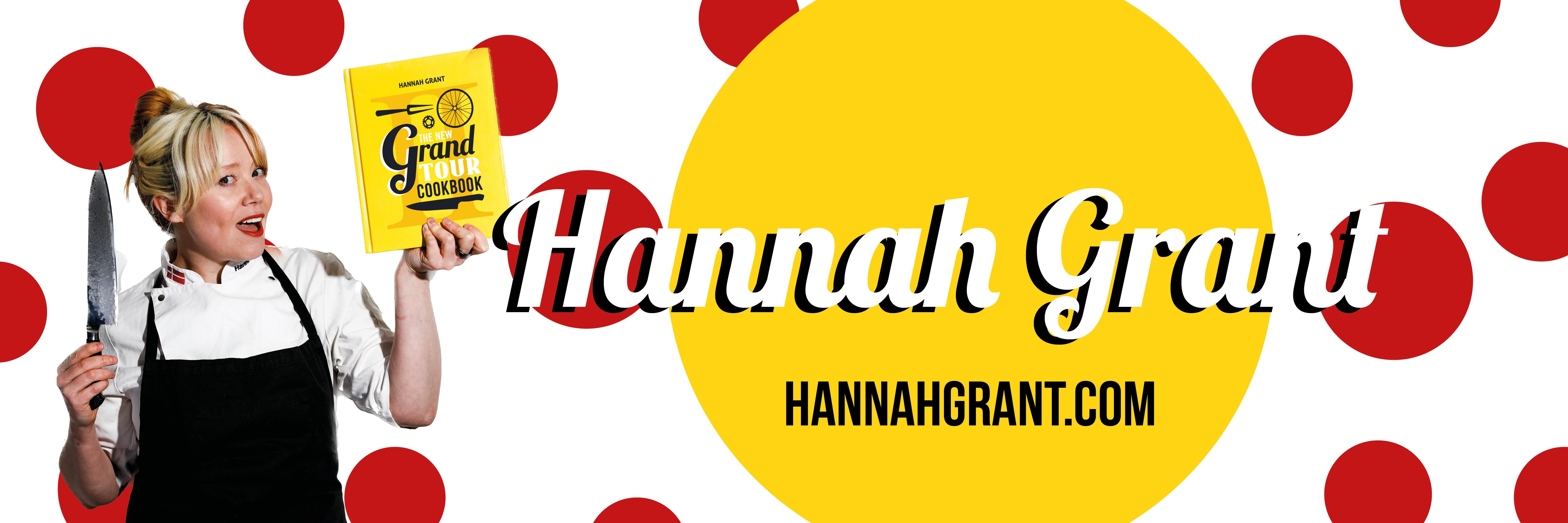Fueling the Ride: A Look into the Daily Food Plan of Professional Cyclists
The Tour de France is the pinnacle of cycling races, where elite athletes push their bodies to the limits of endurance and speed. But what does it take to fuel the incredible physical demands of a race that spans over 3,500 kilometers? Behind the scenes, meticulous planning goes into crafting a daily food plan that keeps these cyclists going strong. In this article, we'll delve into the nutritional strategies that power the riders of the Tour de France.
For professional cyclists, nutrition isn't just about satisfying hunger; it's a science that optimizes performance and recovery. A rider's daily food plan is carefully tailored to match the intense energy expenditure and muscle recovery needs of this grueling race. Let's break down the key components of their dietary regimen.
The Pre-Race Boost
Before the wheels hit the road, riders load up on a substantial carbohydrate-rich meal two to four hours before the stage begins. This initial fueling primes their bodies for the physical challenges ahead. During the race, a consistent intake of 60 to 120 grams of carbohydrates and 16 to 32 ounces of electrolyte-rich fluid per hour keeps their energy levels up and helps prevent dehydration and electrolyte imbalances.
Post-Race Recovery
After the finish line, the recovery process kicks in. A snack containing 20 to 30 grams of high-quality protein and 1 to 1.2 grams of carbohydrates per kilogram of body weight aids muscle repair and replenishes glycogen stores. A well-deserved larger meal follows, rich in carbohydrates, to further support recovery.
Staying Fueled During the Ride
During the race, riders have a variety of on-the-go options to maintain their energy levels. Cyclists frequently reach into their jersey pockets for energy bars, gels, rice cakes, and even sandwiches. The goal is to consume a steady supply of carbohydrates, with some riders aiming to eat every half hour. Gels, in particular, are a convenient option for quick energy, especially during intense moments in the race.
Hydration Is Key
Staying hydrated is paramount for optimal performance. Cyclists aim to drink one bottle of water per hour of riding, and teams monitor sweat loss and urine specific gravity to fine-tune hydration needs. On hot days, specialized hydration mixes with higher sodium content, ice-socks, and even ice-vests are employed to combat heat stress and maintain core body temperature.
Recovery and Rest Days
After the race, the recovery process continues with a balanced meal rich in protein and carbohydrates. On rest days, when riders have more freedom, they may enjoy a "cheat day" with a variety of foods, breaking away from the typical race diet.
Nutrition, Not Just a Meal Plan
The Tour de France isn't just a bike race; it's an eating competition, as riders strive to match the calories burned and support their demanding training and racing schedules. The importance of nutrition in achieving top performance cannot be overstated. Whether it's carefully timed meals, energy-packed snacks, or hydration strategies, every aspect of a rider's diet is optimized for the demands of the race.
Conclusion
The Tour de France showcases the incredible feats of human endurance, and behind every cyclist is a carefully crafted daily food plan that keeps their engines running. From pre-race fueling to mid-race snacking and post-race recovery, every meal and bite is designed to support the physical demands of the race. The Tour de France is a test of both physical and nutritional prowess, where the right fuel can mean the difference between victory and defeat.
You can eat like a Tour rider with The Grand Tour Cookbook 2

